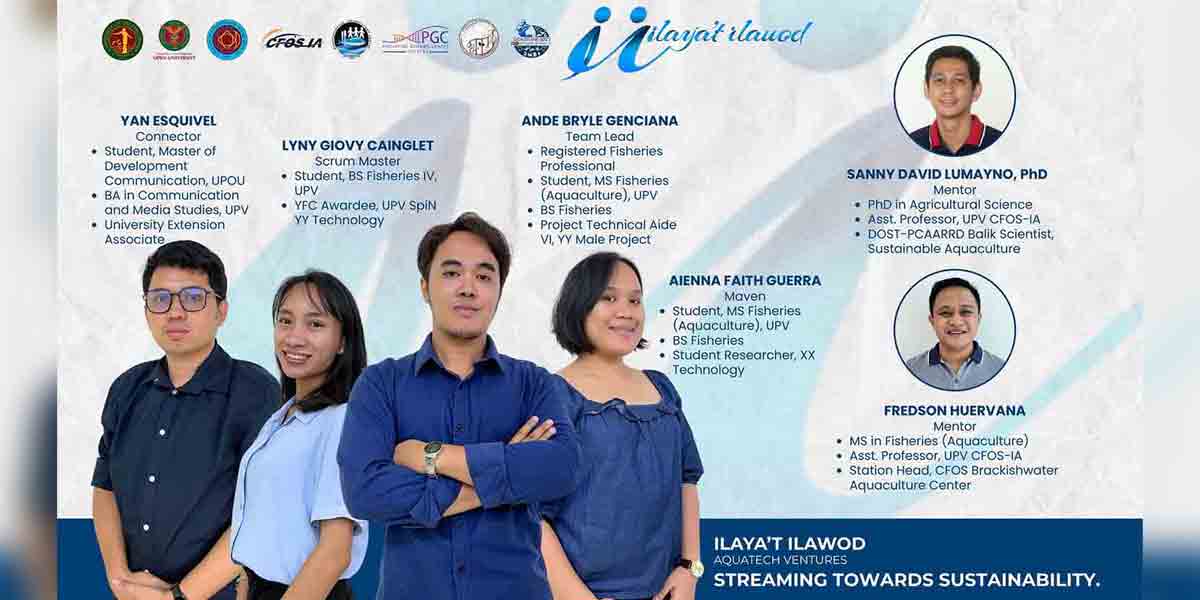 By Jose Mari BFU Tirol
By Jose Mari BFU Tirol
The goal of all teachers is to provide their students with the necessary information and directions for the purpose of stimulating their love of learning and to capacitate their sense of reflection and critical thinking. And from there, for them to make their own informed opinions and conclusions about matters that may or may not concern them directly. As the parable goes, we lead them like a horse to water but do not force them to drink.
And since we are not and do not claim to be perfect, their positions may be the opposite of ours. That is alright, especially if they can explain and, if necessary, defend their viewpoints. Moreso if their ideas outweigh ours. After all, we belong to a profession that requires us students of the law to be lifelong learners.
Besides, one of the goals of teaching is for students – law students in particular – to have ownership over, as well as responsibility for their own thought processes. In conformity with the Code of Professional Responsibility in particular, and Article 19 of the Civil Code in general: “Every person must, in the exercise of his rights and in the performance of his duties, act with justice, give everyone his due, and observe honesty and good faith.”
I believe that my brethren who, like me, inhabit the two interrelated worlds of legal education and of legal practice, share my view. We mentor those that we consider to be deserving of transitioning into full-fledged advocates of the law. This is our way of assisting in the democratization of access to justice in the country.
Mentoring comes in many forms. We do our utmost to educate, guide, inspire, cajole, or even terrorize our students, who are all adults, into becoming not just law-abiding, but also ethical members of society. We train them, using legal theories and their practical application, to become ordinary lawyers. “Ordinary” because they will be faithful to their oath, to society, and to the Rule of Law. And they will enrich jurisprudence – but not at their expense.
But we also understand that the study and teaching of law, like its practice and application, is not a popularity contest. While it is not uncommon for some students to feel a sense of kinship and affinity for their teachers, which they maintain even after they become colleagues in the profession, it is also not unusual for students who did not live up to their expectations to make unsavory remarks about their teachers.
That is also alright because, to reiterate, we are not perfect. But since the freedom of speech and of expression are not absolute rights and may not be availed of to broadcast lies or half-truths, insult others, destroy their name or reputation or bring them into disrepute (AC No. 11394 December 1, 2016), such criticisms must always be within the bounds of common sense, one’s duties to society and his ethical obligations as a member of the bar. While a lawyer is entitled to present his case with vigor and courage, such enthusiasm does not justify the use of offensive and abusive language; language abounds with countless possibilities for one to be emphatic but respectful, convincing but not derogatory, illuminating but not offensive (AC No. 6567, April 16, 2008).
Nevertheless, we continue with our task. Because if the Supreme Court can give clemency to a repentant offender because it has taken “judicial notice of the general tendency of youth to be rash, temerarious and uncalculating” (BM 712, March 19, 1997), then who are we to judge those who express a sincere desire to right certain wrongs, accept responsibility, and to start afresh. Through this, we can concretize our desire for our students to move forward when others retreated, to rise where others fell, and to give tangible effect to our incessant aspiration for truth and justice to prevail in all situations.






















